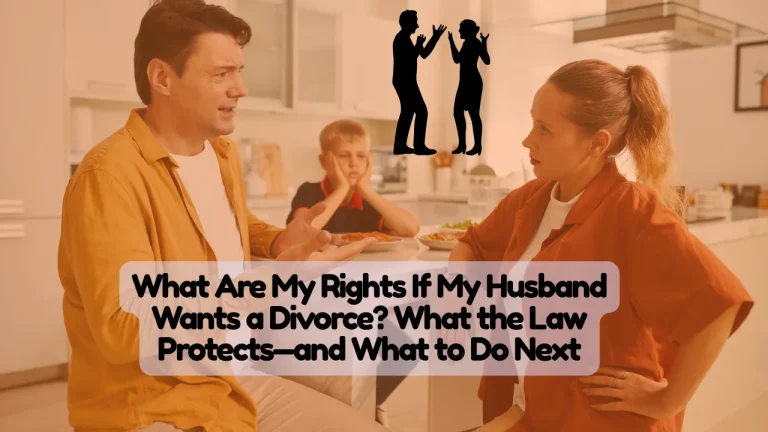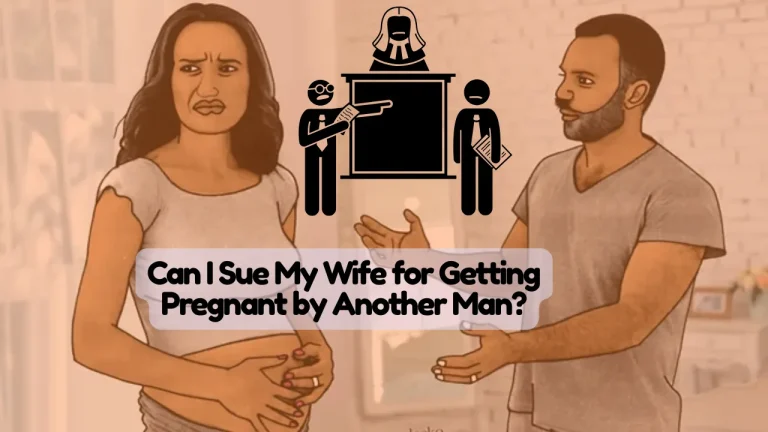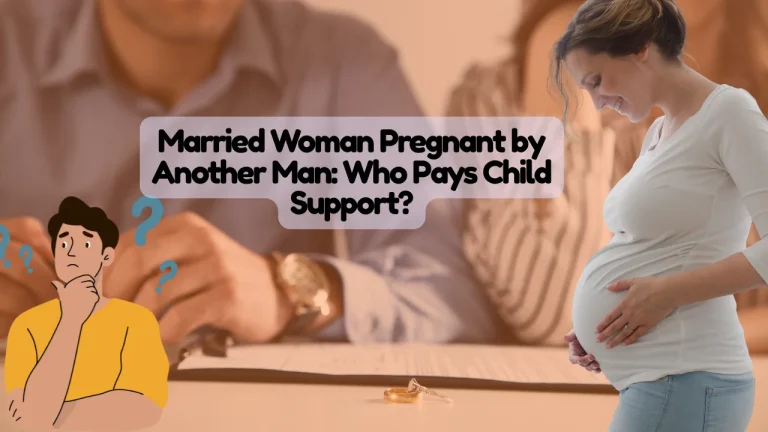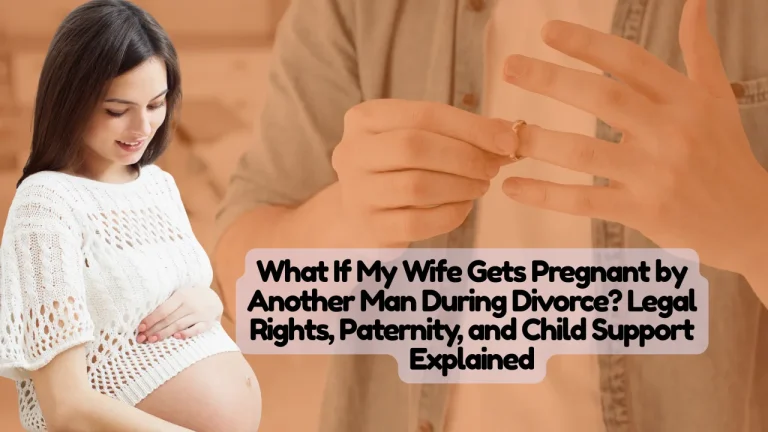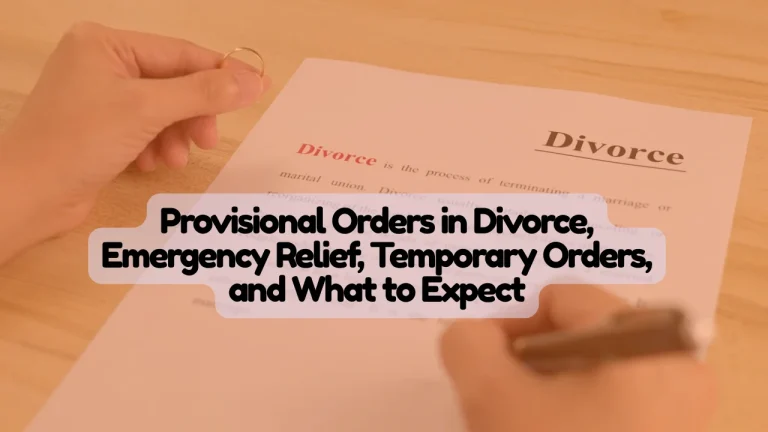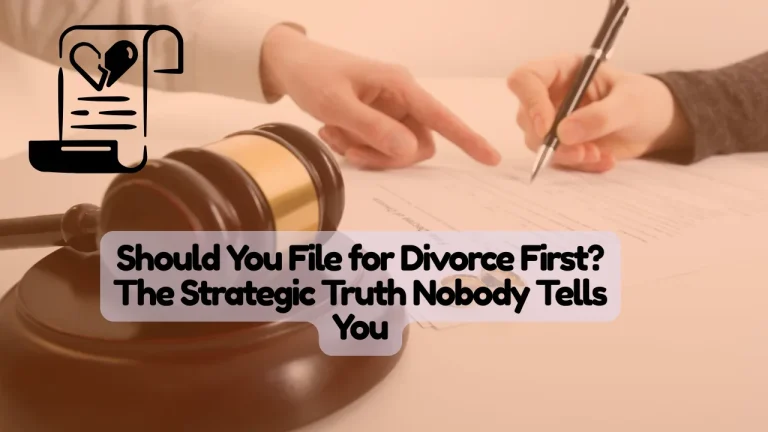Who Gets the Dog in a Divorce? Pet Custody Laws by State
In most US states, pets are legally treated as personal property during divorce, meaning courts typically consider them assets to be divided between parties. However, six states—Alaska, California, Illinois, New York, Maine, and New Hampshire—now authorize courts to consider the pet’s wellbeing when determining custody. Courts evaluate who was the primary caregiver, who paid for…

